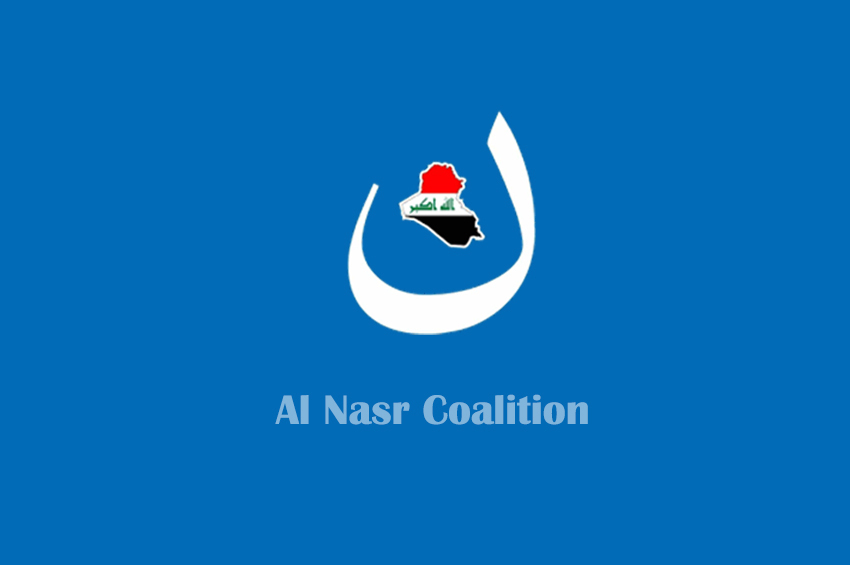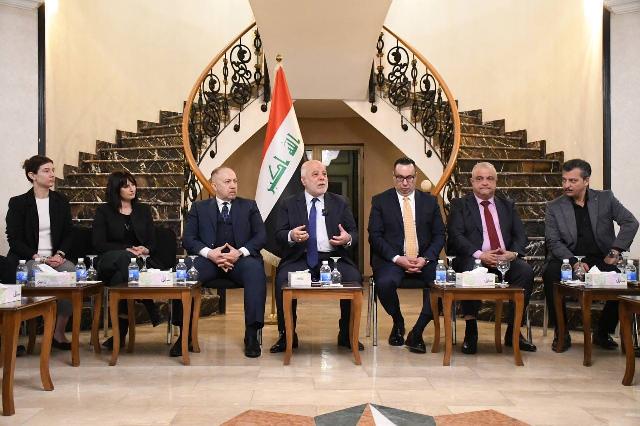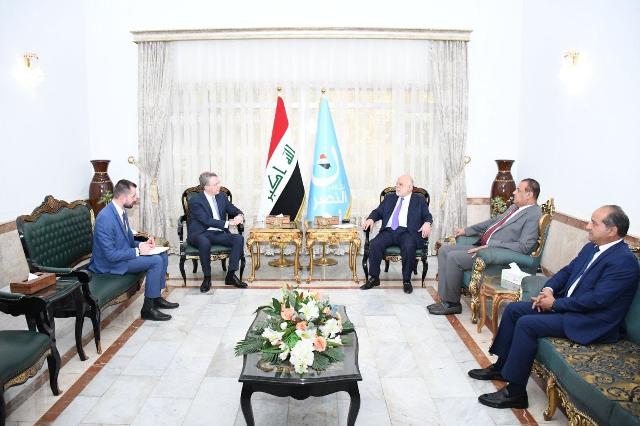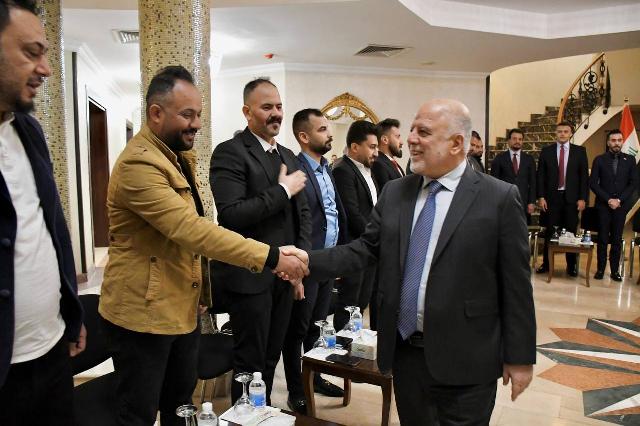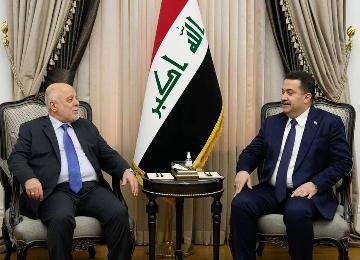Al Nasr adopts the "Effective Governance" style to manage the state. "Effective Governance" is the type of rule that fulfills its functions by managing governance effectively (under any circumstances) based on quintet:
1-Clear political and programmatic vision.
2-Solid political will.
3-Impartial national commitment.
4- Persistent reforms in the body of the state.
5-Optimal utilization of manpower and available resources.
The years of Dr. Haider al-Abadi's governance proved the ability to rule the country effectively despite collapse, fragmentation, terrorism, plundering resources, and sovereignty.
He managed to rise up the country, faced challenges, and adapted them to create a national victory.
The method of "Effective Governance" is what succeeded in converting defeats into victories, even though the structure of the political system is the same, and the factors that produced defeats are the same that shaped the victories.
All that has changed is the style of governance.
What makes you defeated while you have 4 military troupes in Nineveh, is the management style of governance.
What made you win with fewer fighters is the style of governance, too.
What makes you fail to provide services while you earn $ 120 billion annually, and suffer from the cracking of national unity, moan from chaos and overtaking the state, parties control over the center, and live regional and international isolation, while your country is under the tutelage of foreign influence, is the style of governance.
What made you change these catastrophes into victories for the nation and the state, is the method of governance as well.
What changed the results and the situation is your management style.
From inactive and failed governance to an active and successful governance. This is what Abadi did.
Al Nasr project is a consolidation to the "Effective Governance" that Abadi started in 2014 to reach good governance. The Coalition believes that a series of comprehensive reforms must be adopted, namely:
1-Liberating the state and its institutions from the sectarian, partisan, national quota system to the entitlement of citizenship and the civil service system, to achieve justice and equality of opportunity.
2-Formatting governments on the basis of electoral and national merits in a manner that guarantees national integration, non-monopoly, and non-marginalization.
3-Ending the phenomenon of overlap between state institutions and political entities to ensure professional and impartial performance of state institutions, ensure the authority of the state and its constitutional institutions for governance, unifying the state’s action, restricting legitimacy, arms, and sovereignty to its legitimate powers, enhancing security according to the comprehensive human security standards, and enhancing cooperation and positive neutrality for Iraq regionally and internationally.
4- Persisting the societal reconciliations to ensure coexistence and sustainable peace for the post-ISIS stage.
5-Comprehensive institutional reform, including modernizing the administrative system, transitioning to electronic government, moving towards automation, adopting international standards for assessing institutional performance in state ministries, activating criteria for selecting leaders to occupy leadership positions and launching programs for their training, adopting a survey and a treatment for the problems of career and bureaucratic sagging, strengthening Laws and institutional procedures to address corruption.
6-Economic development on the basis of the diversity of industrial, commercial, agricultural, and economic activity, and the development of infrastructures such as roads, bridges, ports, and airports.
7-Exceptional attention to the ICT sector, the extractive and manufacturing industries.
8-Improving education, health system, and infrastructure for culture, arts, and sports.
9-Empowering women and enhancing their political, leadership, and renaissance role, and in the market.
10-Youth development and empowering them politically and socially, and in the market.
11-Securing social safety nets such as care, protection, poverty alleviation, and social insurance.


